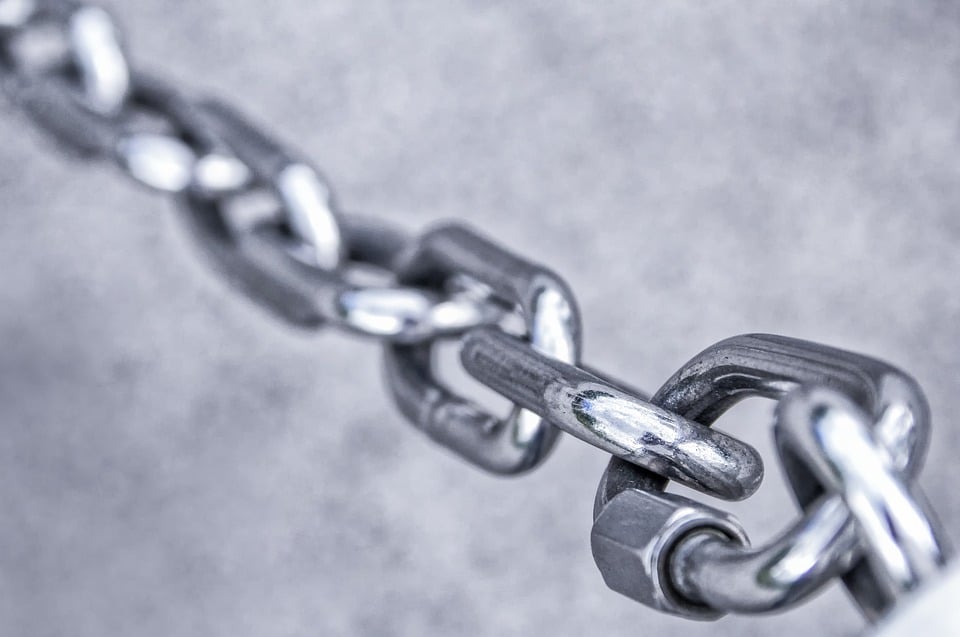The Most Common Barriers to Effective Electronic Waste Recycling

Unless you’ve been living under a rock, you know that there are laws in place governing how electronics can be disposed of, with most states enacting laws related to which devices (or which parts of devices) must be recycled for safety and environmental protection. Businesses are particularly liable due to the volume of IT equipment and devices they use and how quickly they turn them over.
Responsible business owners naturally want to remain in compliance with applicable laws, but proper IT asset disposition (ITAD) can become cost-prohibitive if not managed properly. Unfortunately, there are a number of common barriers to effective e-waste recycling. Here are just a few you should know about so you can find the most productive solutions for your North Dakota or South Dakota business.
Ignorance of Applicable Laws
First and foremost, you need to stay up-to-date with the IT disposal laws that apply to your business. These could include both environmental regulations and consumer privacy laws. You may also have to adhere to industry-related standards.
Keeping up with changing laws can be difficult for businesses of any size, considering you may be beholden to federal, state, and local laws. The best way to ensure that you remain in compliance and that you can plan properly to minimize waste and expense is to work with a certified ITAD provider that does the heavy lifting for you, properly disposing of electronics and providing you with Certificates of Destruction and Recycling as proof of compliance for your records.
Hard-to-Repair Devices
One of the biggest problems facing many companies today is devices that are difficult to repair. Some device manufacturers make a practice of developing casings that are difficult to open and warranties that expressly prohibit this action. These devices may also be difficult to repair, requiring brand specialists to complete needed repairs at significant expense.
In some cases, the cost can be so prohibitive that companies elect to dispose of devices rather than repair them, shortening the usable life-cycle and resulting in a growing need for ITAD services. This is not only bad for the planet, but it can impact an otherwise healthy and effective ITAD strategy, creating unanticipated hassle and expense that is especially harmful to small businesses.
Lack of Comprehensive ITAD Strategy
While many companies have created strategies related to purchasing and using IT equipment and devices, fewer have taken the time to flesh out a total life-cycle plan that includes asset disposition when devices are broken, outdated, or no longer needed. The result can be a growing stockpile of devices that represent little more than a liability, due to threat of data theft, as well as increasing cost for disposition.
The best way to combat this issue is by creating a comprehensive ITAD strategy that includes parameters for safe and effective disposal practices. Your certified ITAD service provider can help you to plan for the most cost-effective options and remain in compliance with applicable environmental and privacy laws.
When your South Dakota or North Dakota business is ready to invest in an effective ITAD strategy, contact the experts at SEAM at 605-274-7326 (SEAM) or online to learn more.
SEAM provides IT recycling and data destruction services including onsite shredding and hard drive wiping to South Dakota, North Dakota, Minnesota, Iowa, and Nebraska.
Schedule a pickup or contact us for more information.





